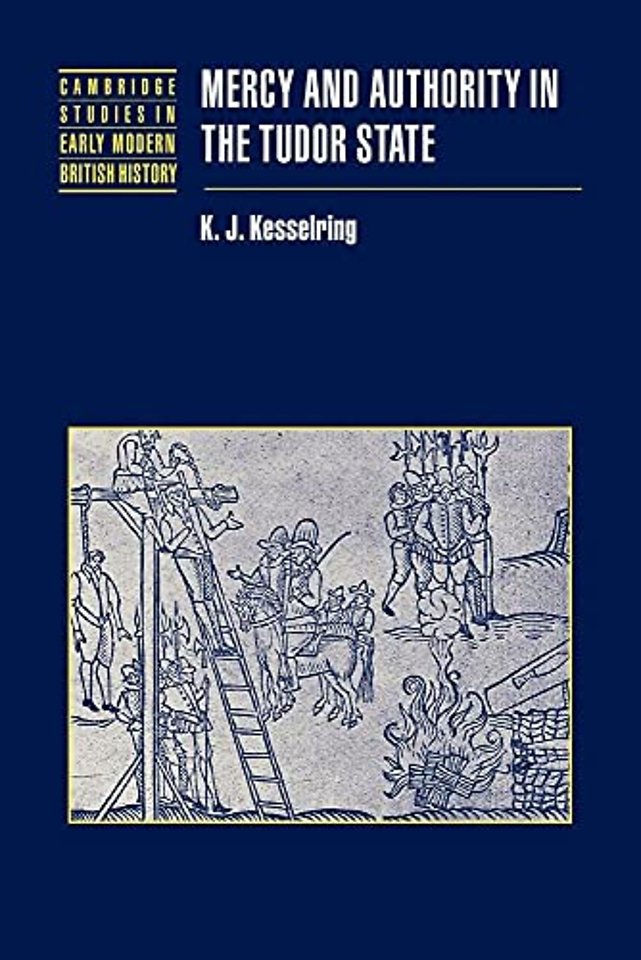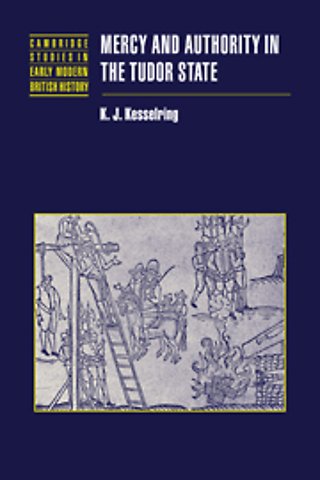Mercy and Authority in the Tudor State
Samenvatting
Using a wide range of legal, administrative and literary sources, this study explores the role of the royal pardon in the exercise and experience of authority in Tudor England. It examines such abstract intangibles as power, legitimacy, and the state by looking at concrete life-and-death decisions of the Tudor monarchs. Drawing upon the historiographies of law and society, political culture and state formation, mercy is used as a lens through which to examine the nature and limits of participation in the early modern polity. Contemporaries deemed mercy as both a prerogative and duty of the ruler. Public expectations of mercy imposed restraints on the sovereign's exercise of power. Yet the discretionary uses of punishment and mercy worked in tandem to mediate social relations of power in ways that most often favoured the growth of the state.
Specificaties
Inhoudsopgave
Net verschenen
Rubrieken
- aanbestedingsrecht
- aansprakelijkheids- en verzekeringsrecht
- accountancy
- algemeen juridisch
- arbeidsrecht
- bank- en effectenrecht
- bestuursrecht
- bouwrecht
- burgerlijk recht en procesrecht
- europees-internationaal recht
- fiscaal recht
- gezondheidsrecht
- insolventierecht
- intellectuele eigendom en ict-recht
- management
- mens en maatschappij
- milieu- en omgevingsrecht
- notarieel recht
- ondernemingsrecht
- pensioenrecht
- personen- en familierecht
- sociale zekerheidsrecht
- staatsrecht
- strafrecht en criminologie
- vastgoed- en huurrecht
- vreemdelingenrecht

